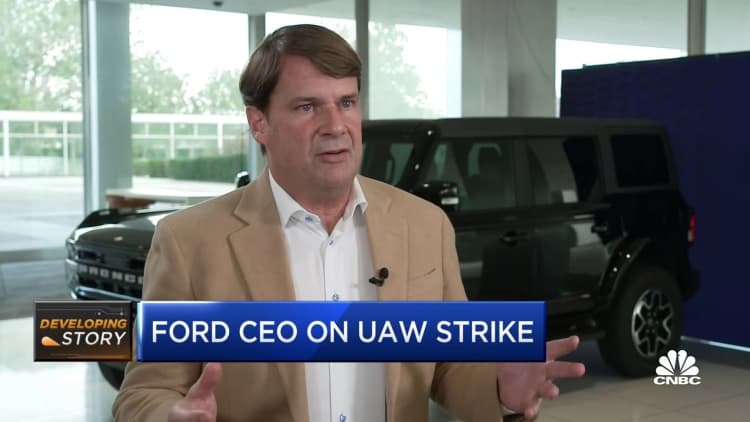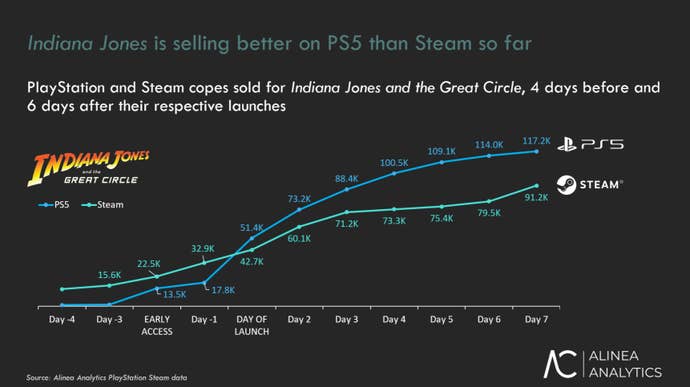Members of the United Auto Workers union are preparing to strike at three major U.S. assembly plants operated by General Motors, Ford Motor, and Stellantis, according to UAW President Shawn Fain.
The strikes will only take place if the union and automakers fail to reach agreements by the deadline of 11:59 p.m. ET. As of Thursday night, there is a significant gap between the two sides, making strikes highly probable.
The targeted plants include GM’s facility in Wentzville, Missouri, which produces midsize trucks and full-size vans, Ford’s plant in Wayne, Michigan, where the Ranger midsize pickup and Bronco SUV are manufactured, and Stellantis’ plant in Toledo, Ohio, which produces Jeep Wranglers and Gladiators. Only workers in the paint and final assembly divisions at Ford are expected to go on strike.
These plants are responsible for producing highly lucrative vehicles that are in high demand. The union estimates that a total of 12,700 workers will participate in the strikes, with 5,800 from Stellantis, 3,600 from GM, and 3,300 from Ford.
Fain, who has been concurrently negotiating with all three automakers, has emphasized that this coordinated strike is unprecedented. He referred to it as a “stand-up” strike, alluding to the historic “sit-down” strikes organized by the UAW during the 1930s.
UAW President Shawn Fain announces strike plans in a Facebook Live address, Sept. 14, 2023
Facebook Live screenshot
The union’s key demands include a 40% hourly pay increase, a reduced 32-hour workweek, a return to traditional pensions, the elimination of compensation tiers, and the reinstatement of cost-of-living adjustments. Other items on the bargaining table are improved retiree benefits, enhanced vacation and family leave benefits, and more.
While the automakers have made significant proposals that address some of the union’s demands, they have fallen short in several areas. The companies have offered wage increases of approximately 20%, cost-of-living adjustments, revised profit-sharing bonuses, and improved vacation and family leave provisions. However, the union deems these offers insufficient.
In the past, targeted strikes have impacted production by focusing on key plants, causing disruptions due to parts shortages. Fain’s approach, which involves initiating strikes at select plants and potentially expanding them depending on the progress of negotiations, is unique. The selection of assembly plants as strike targets is also unprecedented.
This is an ongoing story. Please check back for updates.









.jpg)




